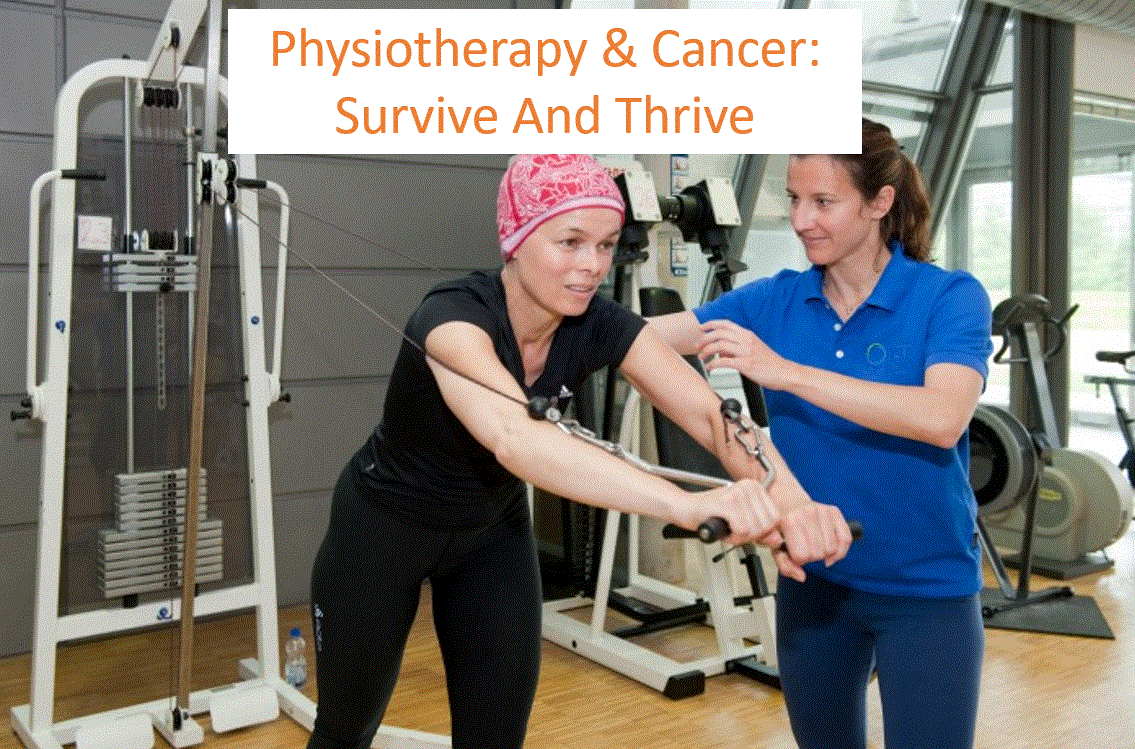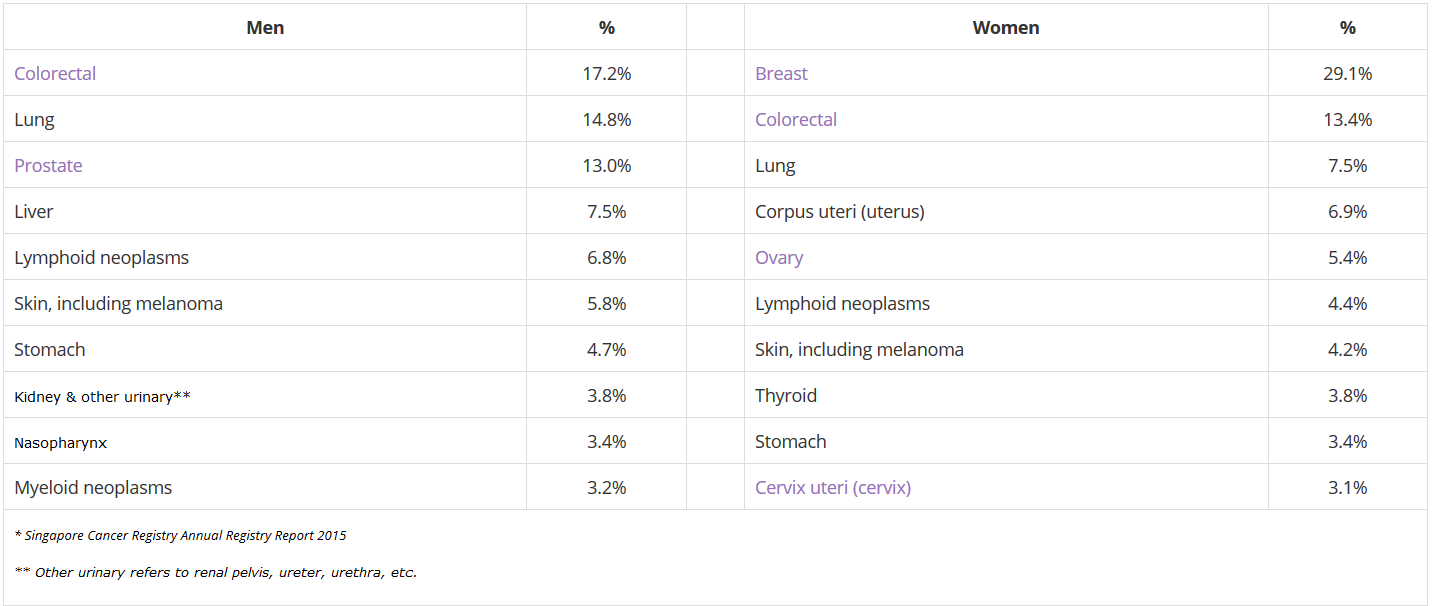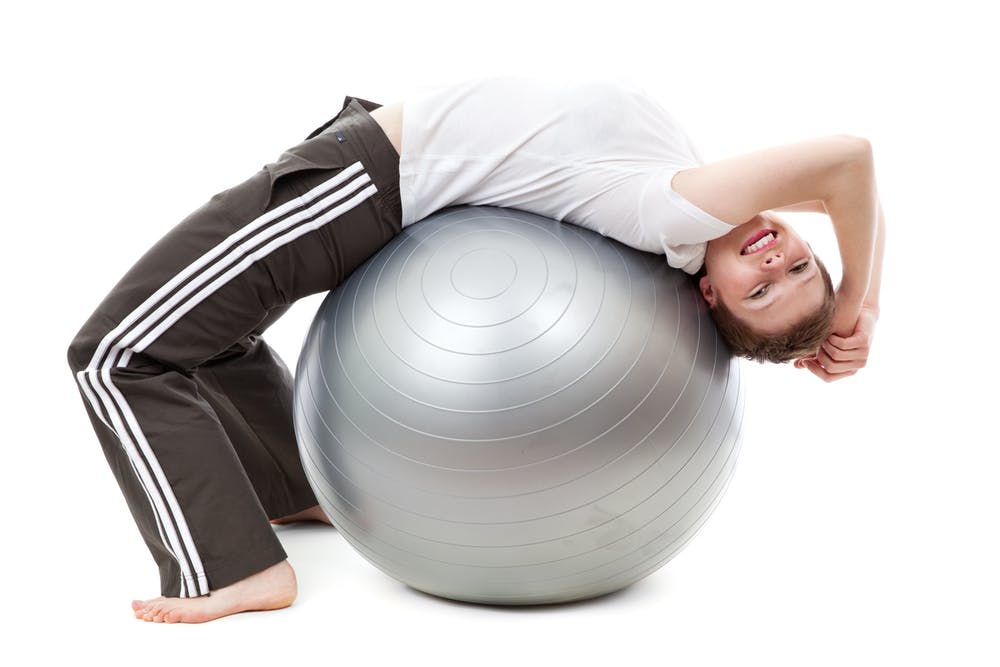|
BOOK NOW |
ASK ABOUT YOUR PAIN |
Home > Blog > Physiotherapy > Conditions > Cancer Physiotherapy
Cancer Physiotherapy

Cancer is the growth of abnormal cells in the body that causes destruction of normal, healthy cells.
Cancer cells directly and negatively affects the health and function of the body or body parts, and can cause death.
In the United States, cancer affects 39.6% of people at some point in their lives, with more than 1.5 million new cancer cases diagnosed each year. Cancer deaths are higher among men than women in the US—highest in African-American men, and lowest in Asian/Pacific Islander women.
In the whole world, there are approximately 14 million new cancer cases are diagnosed each year, and 8.2 million deaths from cancer are recorded.
Cancer, and the treatments for it, can cause physical problems such as
- pain
- numbness
- swelling
- weakness
- loss of balance
- difficulty moving or walking
Our senior physiotherapists help people with cancer
- manage cancer-related problems
- improve their health and functional abilities and
- return to work and other activities
first of all, What is Cancer?
Cancer is an uncontrolled growth of abnormal cells in the body. The abnormal cells interfere with normal cells (can destroy/mutate normal cells), and can spread throughout the body.
Cancer is diagnosed in adults and children. It can affect any part of the body, including organs, bones, and muscles.
The most common types of cancer diagnosed in the United States (in descending order) are:
- Breast
- Lung
- Prostate
- Colon
- Bladder
- Skin
- Thyroid
Cancer death rates in the US have declined since the early 1990s; more Americans are surviving cancer than ever before.

Singapore cancer rates 2015
Conventional treatment for cancer includes surgery, chemotherapy, radiation, and gene therapy.
Cancer and the side effects of treatment can cause physical problems, such as:
- Pain
- Numbness in feet and hands
- Swelling of lymph nodes (lymphedema)
- Swelling of arms, legs, torso, or face
- Muscle weakness
- Joint stiffness
- Fatigue
- Loss of endurance
- Loss of bone density (strength)
- Difficulty walking
- Loss of balance
- Weight gain
- Brain fog
- Heart problems
cancer Signs and Symptoms
In some cases and patients, cancer may not cause any signs or symptoms, and can be discovered by chance during a medical examination or screening.
Common signs and symptoms of cancer can include:
Signs:
- Unexplained weight loss
- Unexplained bleeding
- Skin changes
Symptoms:
- Fever
- Fatigue
- Pain
- Numbness
- Nagging/persistent cough
- Headaches
- Vision problems
How Is cancer Diagnosed?
Cancer is diagnosed by a doctor.
Our senior physiotherapist can examine a person who has been diagnosed with cancer for physical problems that cause discomfort or difficulty with movement. Our examination tests a person’s
- strength
- flexibility
- balance
- sensation
- coordination
- endurance and
- ability to walk and get around
Our senior physiotherapists then will create specialized treatment plans to address the needs and goals of people affected by cancer.
How Can our senior PhysioTherapist Help?

Our senior physiotherapists are trained and educated to understand all of your health conditions, including a cancer diagnosis. We will work with you to develop a specialized treatment program to address your specific needs and goals.
The American Cancer Society recommends people undergoing cancer treatment, and cancer survivors, perform consistent physical exercise to decrease fatigue, and improve the ability to perform normal daily activities. Studies show that exercise can improve an individual’s chances of surviving cancer. We design individualized exercise and treatment programs to reduce or prevent many cancer-related problems.
We help people diagnosed with cancer before and after surgery. Before surgery, they evaluate individuals for any of the problems listed above, and help address them. After surgery, they can help with the healing of the incision site, improve circulation, reduce pain, and minimize scarring. They evaluate individuals for any physiotherapy treatment needs, and, by designing individualized treatment programs, help them recover and heal faster than they would on their own.
Our senior physiotherapist may work with you to improve your:
Comfort and well-being. Cancer and cancer treatments can cause symptoms such as
- pain
- burning sensations
- numbness
- tingling (neuropathy)
- cramps
- spasms and
- weakness
We may apply hands-on techniques (manual therapy) or technologies like electrical stimulation to help decrease your pain and alleviate your symptoms. We may teach you gentle exercises or techniques to perform at home to aid your recovery. All of these options may reduce or eliminate the need for opioid pain medication.
Aerobic capacity. Cancer or cancer treatment may have decreased your ability to process oxygen (aerobic capacity), causing fatigue. Research shows that aerobic exercise, such as walking on a treadmill for at least 20 minutes 3 times per week, may help improve aerobic capacity, reduce fatigue, and optimize healing. We can assess your aerobic capacity and determine the best aerobic activities for you.
Bone density. Lack of activity and certain cancer treatments can cause weakening of your bones, which could lead to bone fractures. Certain types of exercise can prevent bone loss and maintain bone strength. We can teach you safe and effective exercises to help steadily build your bone strength.
Lymphedema and swelling. Certain cancer treatments can result in lymphedema (swelling in the arms or legs) or other types of swelling. We can use several methods to reduce, control, and prevent lymphedema and swelling, such as
- specialized gentle massage
- special movements and exercises and
- application of compressive garments such as arm sleeves, gloves, and leg stockings
Surgical incisions. Our senior hand therapist can help you care for any surgical incisions and sutured areas, by checking for infection and assisting with dressing changes. They also can help manage scarring/scar tissue and skin tightness as the suture line heals. We use very gentle massage or certain technologies to keep the skin as soft and pliable as possible.
Body weight. By creating an exercise and physical activity program tailored just for you, our senior physiotherapists will help you reduce body fat and maintain a healthy body weight, which can improve your energy levels.
Mood. Exercise helps elevate mood and reduce depression in everyone, including cancer patients and survivors. A diagnosis of cancer, and cancer treatment, can be stressful and cause mood changes in anyone. Proper exercise, individualized for each person by our senior physiotherapist, can help reduce stress and improve mood.
Brain fog. Exercise helps relieve brain fog. We will design an individualized program of exercise that can help reduce memory loss and brain fog.
Daily activities. We will discuss activity goals with you and use them to design your treatment program. Cancer survivors usually increase their physical activity gradually; your treatment program will help you reach your goals in the safest, fastest, and most effective way possible.
Walking. We will help improve your ability to walk using techniques such as strengthening exercises, walking training, and balance activities. If you have nerve damage (neuropathy), your physical therapist may provide bracing and other techniques to make it easier or safer for you to walk. We also may recommend using an assistive device, such as a walker or cane.
Sports training ability. Athletes undergoing cancer treatment can continue to train for their sport to a degree, depending on the type of cancer and treatment. We will design safe, challenging, sport-specific training programs to help athletes reduce loss of fitness and strength during cancer treatment.
Motion. We will choose specific activities and treatments to help restore normal movement in any stiff joints. These might begin with "passive" motions that the we will do for you in the beginning, and progress to active exercises and stretches that you do yourself. You can perform these motions at home to help hasten healing and pain relief.
Flexibility. We will determine if any muscles are tight, start helping you to stretch them, and teach you how to stretch them at home.
Strength. If we finds any weak or injured muscles, we will choose, and teach you, the correct exercises to steadily restore your strength and agility.
Coordination. We will help you improve and regain your coordination and agility, so you can perform household, community, and sports activities with greater ease.
Balance. We will examine your balance, and choose specific exercises that you can perform in the clinic and at home to improve your balance and prevent falls. We may also teach you how to use a cane or walker to help maintain your balance when walking and standing.